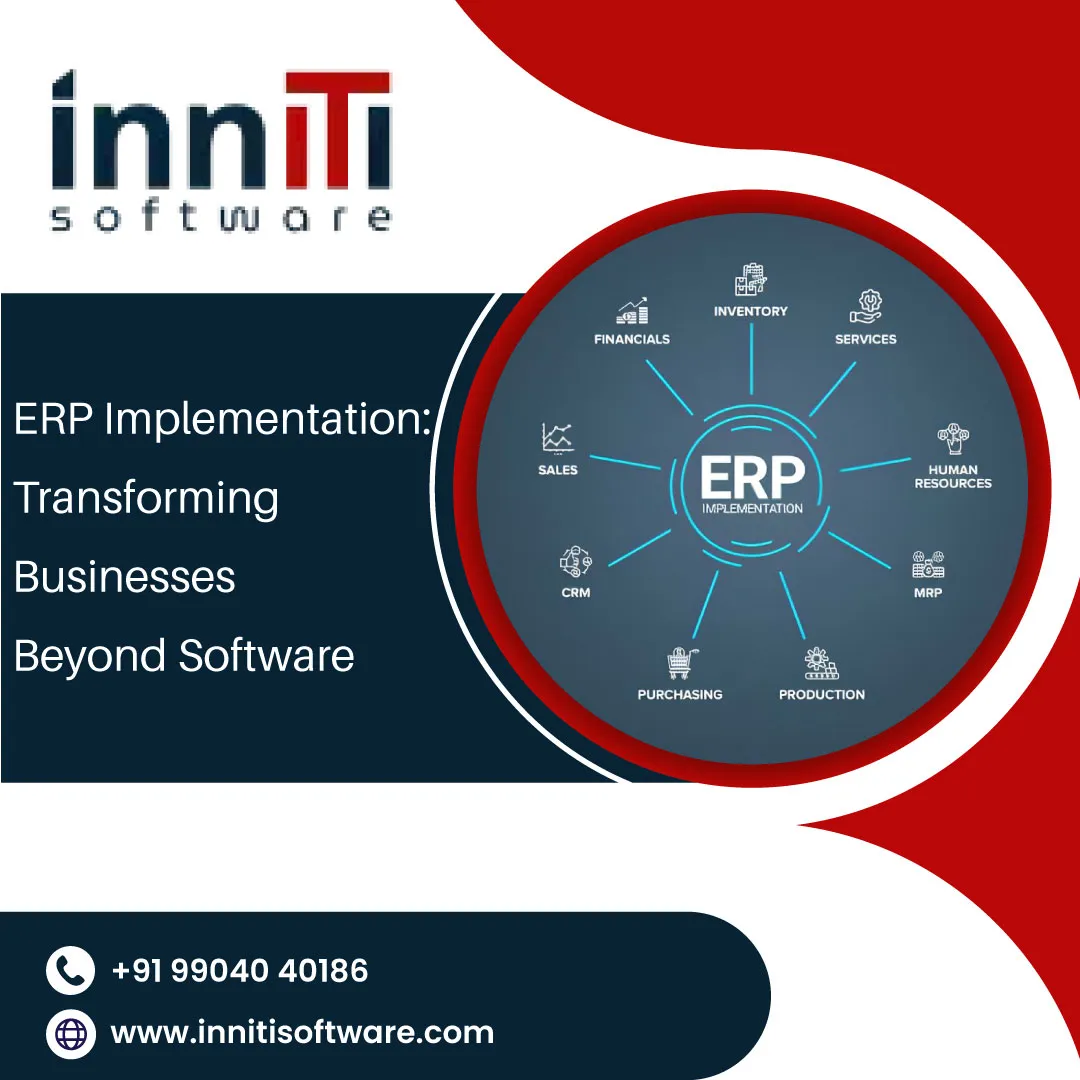Many businesses see ERP as just another IT tool. But here's the truth: ERP
implementation isn't simply installing software—it's a complete business
transformation. ERP changes how teams work, collaborate, and make decisions. It
standardizes processes, improves discipline, and gives leaders real-time visibility. For
industries like construction, where multiple projects, vendors, and teams operate
simultaneously, ERP is the backbone that keeps everything aligned.
Why ERP Is More Than Software
- Standardized Workflows - ERP brings consistency across sites and
departments. Whether raising a purchase requisition or recording a material issue,
everyone follows the same process, reducing confusion and errors
- Process Discipline - ERP enforces timely and accurate data
entry—from stock updates to daily progress reports—ensuring leaders rely on
real-time information, not guesswork
- Transparency & Accountability - Every action in ERP is role-based,
creating clear ownership and easier audits. Management gains visibility across
every transaction
- Cross-Department Integration - Finance, Procurement, Projects, HR, and
Inventory all work together. For example, a Goods Receipt Note (GRN) instantly updates
both Inventory and Accounts Payable, eliminating silos
- Change Management & Training - ERP adoption succeeds only when people
adapt. Training, communication, and ongoing support help employees embrace new
workflows instead of reverting to old habits
- Data-Driven Decisions - ERP provides real-time dashboards for project
costs, vendor performance, and cash flows—enabling faster, smarter
decision-making.
Benefits of Business Transformation with ERP
When companies treat ERP as a transformation initiative—not just software—they unlock
long-term value:
- Efficiency Gains – Automated workflows reduce delays and manual work
- Cost Control – Real-time visibility helps prevent overruns
- Smarter Planning – Data-driven forecasts improve resource allocation
- Transparency – Every transaction is traceable, building compliance and trust
- Scalability – Standardized processes make expansion easier
- Productivity Boost – Teams focus on execution, not chasing approvals
- Better Customer Experience – Faster, accurate responses strengthen relationships
Who Owns ERP Success?
ERP success isn’t owned by one person—it’s a shared responsibility:
- Leadership - Leaders set the vision and drive adoption
- Management - Managers guide teams and enforce processes
- Employees - Employees keep data accurate and follow workflows
- ERP Partners - ERP Partners (like Inniti ERP) provide tools, training, and
continuous support
When everyone plays their part, ERP becomes a true engine of transformation.
ERP = Business Transformation
At its core, ERP is not about technology—it's about changing how your business operates
for the better.
At Inniti ERP, we specialize in construction ERP built for contractors, builders, and
infrastructure companies. Our platform goes beyond automation—it helps you achieve
efficiency, accountability, and sustainable growth.
Key Takeaways:
- ERP isn't just software—it's a new way of running your business.
- Success comes when leadership, teams, and partners take shared responsibility for making
it work.
